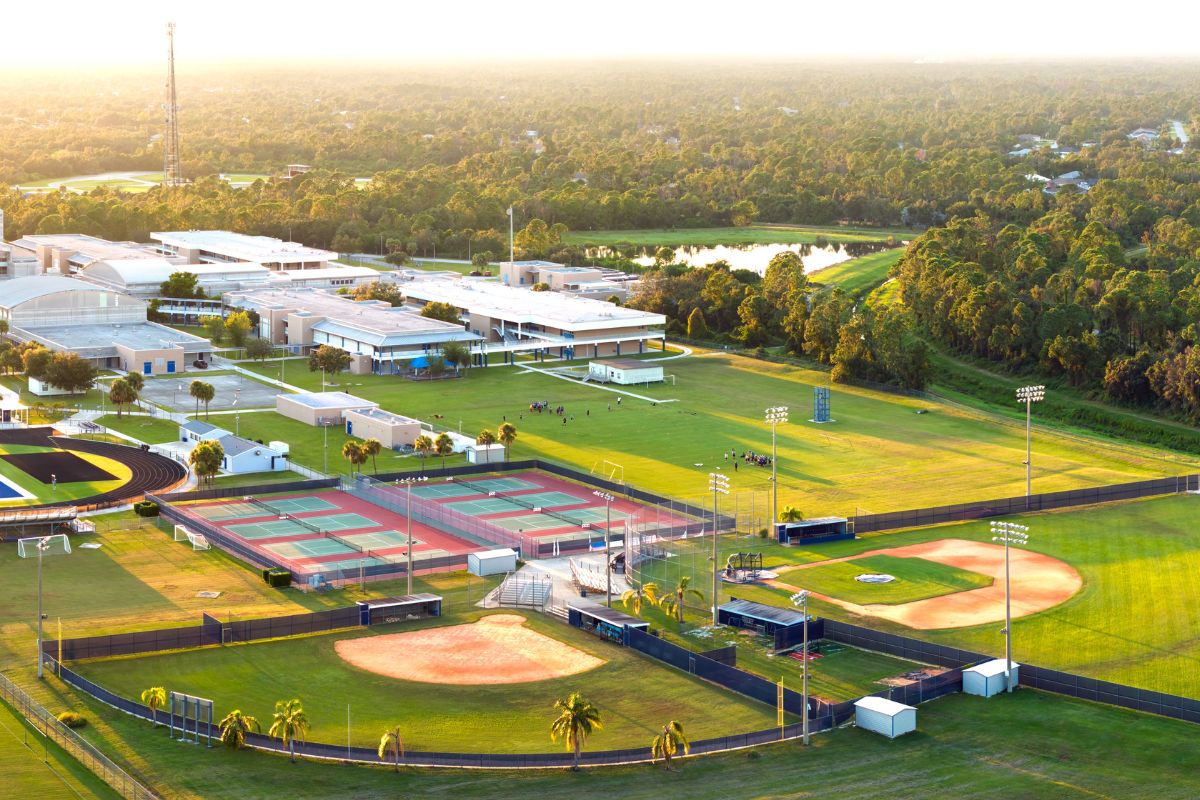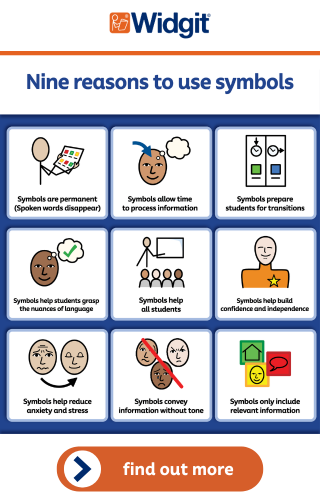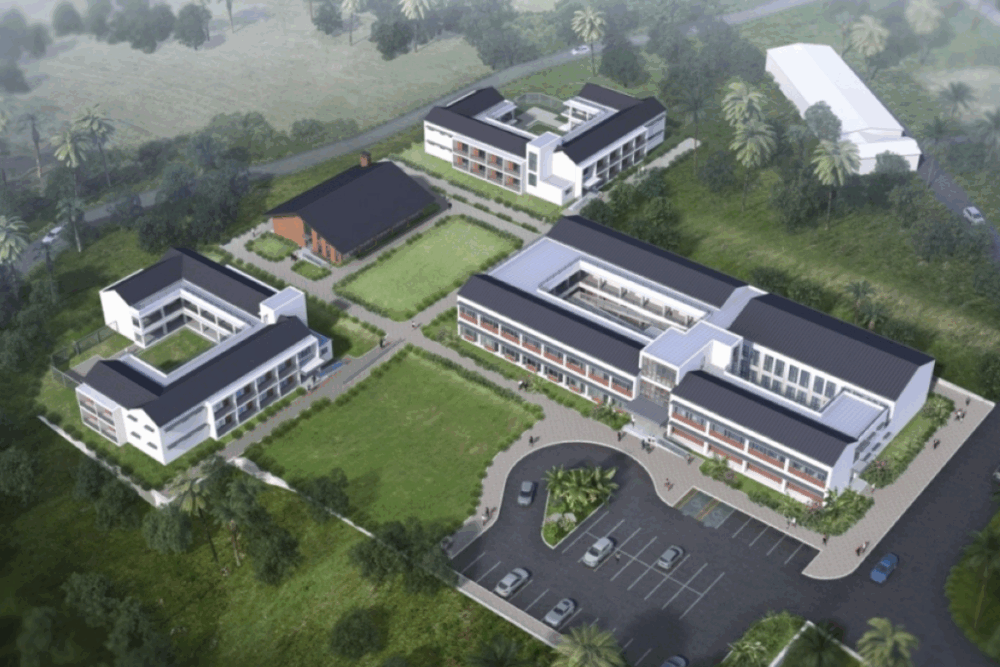Nigeria is taking a bold step to improve the quality of private education across the country. In July 2025, the Federal Government launched the National Policy on Non-State Schools, a landmark initiative designed to regulate, support, and raise standards in the booming private school sector. This first-of-its-kind policy aims to ensure that private schools meet educational benchmarks and provide safe and effective learning environments for students nationwide.
Why This Policy Matters
Private schools have grown rapidly in Nigeria, offering alternatives to public education. However, this growth has sometimes led to uneven quality. According to government officials, over 85% of private-school teachers are not professionally registered, highlighting a major gap in teacher qualification and accountability.
The new policy directly addresses these issues. It sets clear standards for facilities, teaching practices, and school management. By creating a framework for regulation and supervision, the government hopes to protect students’ rights to quality education while supporting private schools to thrive responsibly.
Better Facilities for Better Learning
One of the key highlights of the policy is its focus on school infrastructure. Schools will now be required to meet specific standards for classrooms, libraries, laboratories, and recreational areas, ensuring students have access to safe and modern learning spaces. For parents, this means enrolling children in schools that meet minimum safety and educational standards.

Public-Private Partnerships to Boost Education
The policy also promotes collaboration between private schools and government bodies, encouraging partnerships that enhance curriculum design, teacher training, and student welfare programmes. By working together, private and public sectors can share resources, knowledge, and expertise, benefiting students with richer learning experiences.
Raising the Bar for Teachers
Teacher quality is at the heart of the reforms. With over 85% of private-school teachers unregistered, the government is pushing for professional certification and continuous training. Teachers will now be expected to register with professional teaching bodies, attend regular training sessions, and maintain up-to-date knowledge of teaching methods. For students and parents, this change promises more qualified, accountable, and motivated educators in classrooms, which can directly improve academic performance and learning outcomes.

Expert Talk
The Minister of Education, Maruf Tunji Alausa, said:
“The policy outlines clear guidelines for non-state schools, including standards for infrastructure, teacher quality, and curriculum delivery. It also provides a framework for collaboration between non-state schools and the government, ensuring that we can work together to achieve our education goal.”
The Registrar of the Teachers Registration Council of Nigeria (TRCN), Dr Ronke Soyombo, said:
“In readiness to address the implementation of the non-state school’s policy, the TRCN are taking a number of steps and working very hard to make registration, certification, and licensing seamless for the non-state school teachers across the country.”
Ensuring Quality Across the Board
The policy introduces robust quality assurance mechanisms, including regular inspections, audits, and performance reviews for schools. Schools will be held accountable for facilities, teacher qualifications, and the overall educational experience they provide.
Parents can expect greater transparency, with schools required to provide clear information about fees, curricula, and results. This oversight ensures that private education in Nigeria becomes a sector known for quality and reliability, not just accessibility.
At-a-Glance Takeaways
- 85% of private school teachers lack professional registration
- Schools to be held accountable for facilities, teacher quality, and the overall educational experience they provide.
- Inspections and audits to ensure compliance
Key Stats & Figures to Highlight
How Parents and Students Can Prepare
If you are considering enrolling your child in a private school, now is the perfect time to check whether the school is compliant with the new regulations. Look out for teacher registration certificates, facility standards, and official school approvals. Ask schools about their partnership programmes and professional development for teachers. Being proactive can ensure your child benefits from high-quality education under the new regulatory framework.
The Road Ahead
Nigeria’s private education sector is up for significant improvements thanks to this policy. By setting national standards, encouraging public-private partnerships, and improving teacher quality, the government is creating an environment where private schools can deliver excellence and innovation in education.
For students, this means a better learning experience; for parents, more confidence in school choices; and for schools, clearer guidance and support to meet expectations. While challenges remain, particularly in monitoring and implementation, the National Policy on Non-State Schools is a landmark step towards a stronger, more accountable education system in Nigeria.
Take Action Now
Parents and guardians should stay informed and actively engage with schools to ensure compliance with the new policy. Visit the official Ministry of Education website for guidance on approved private schools, teacher registration, and facility standards. By being proactive, you can make sure your child receives the quality education they deserve.







